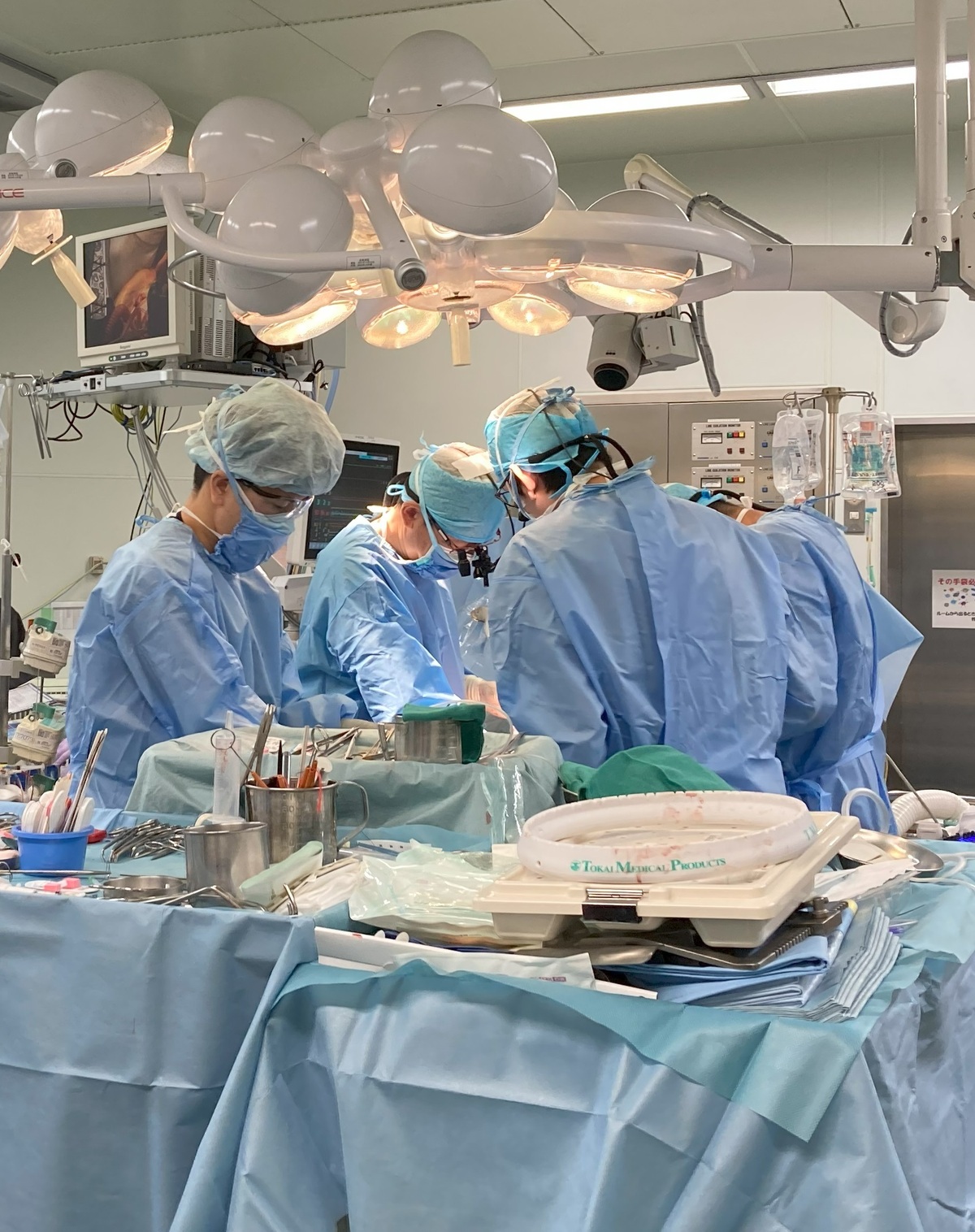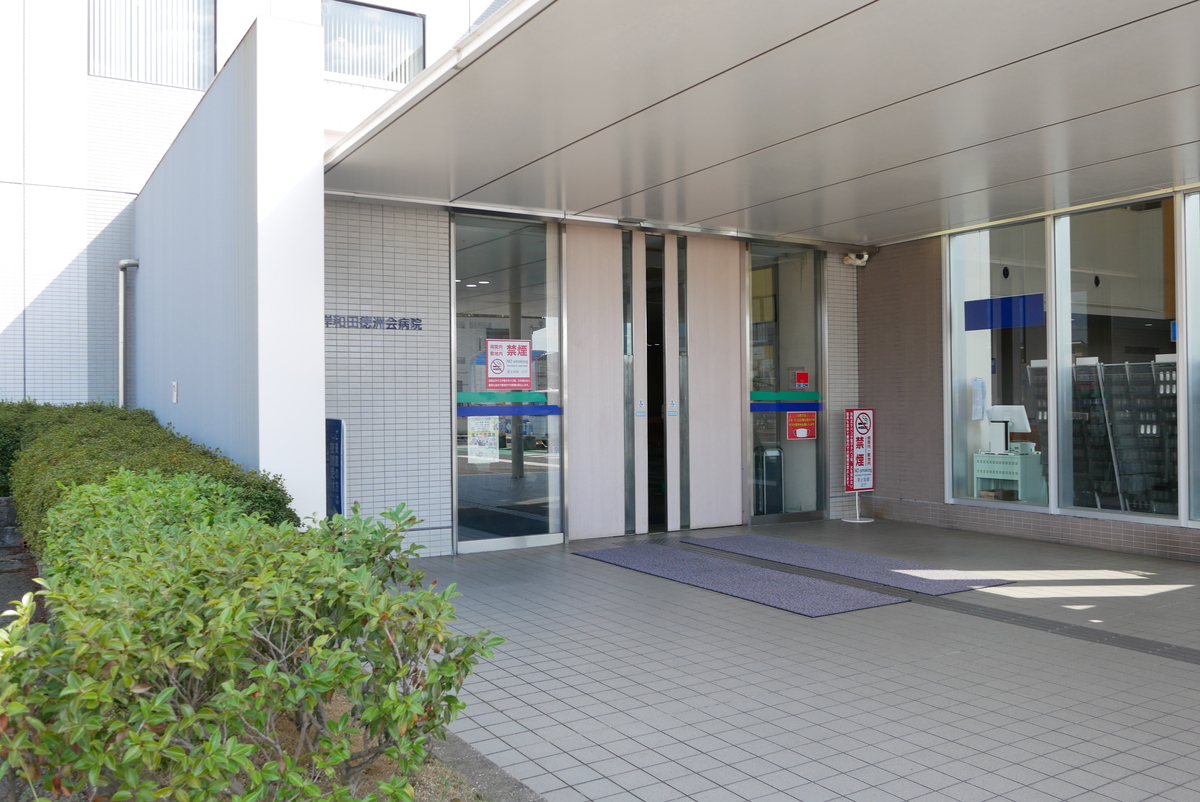Program details
Chronic Subdural Hematoma Treatment【Kishiwada Tokushukai Hospital】
surgery
Kishiwada Tokushukai Hospital(Kinki/Osaka)
Even Minor Head Injuries Require Attention
Early Treatment to Remove Hematomas
Chronic subdural hematoma, which can develop even from a minor head injury, is treated promptly and safely with hematoma removal surgery under local anesthesia. Early detection and treatment aim to improve symptoms.
- Genres
-
- Department
- Disease
- Examination Items/Treatments/Surgical method
- Region/Organ
- Program Summary
- Even Minor Head Trauma Requires Attention
Patients visiting neurosurgery outpatient clinics with symptoms such as a heavy feeling in the head, weakness in one side of the body, severe forgetfulness, or loss of motivation and energy may show old blood (hematoma) on a head CT scan. This condition is called chronic subdural hematoma, most commonly caused by head trauma that occurred 12 months earlier.
Even minor head trauma that the patient or their family considered insignificant can result in this condition. In rare cases, it may occur in individuals taking large or prolonged doses of bloodthinning medications (antiplatelet or anticoagulant agents).
The dura mater, a tough membrane lining the inside of the skull, protects the brain. However, bridging veins connecting the dura mater to the brain surface can tear when the brain moves within the skull during trauma. Because this is venous bleeding, it often stops and starts intermittently, gradually accumulating old blood in the space between the brain and dura mater over 12 months, leading to a chronic subdural hematoma.
This condition is more common in elderly patients with brain atrophy. If the hematoma is small, it may resolve naturally. However, if it exceeds a certain volume, it can compress the brain, causing symptoms such as headaches, hemiparesis, cognitive impairment, or loss of motivation.
If spontaneous resolution is unlikely, surgical removal of the hematoma is necessary. Surgery for chronic subdural hematoma is performed under local anesthesia. A small incision of about 3 cm is made in the scalp above the hematoma, and a hole the size of a coin is drilled in the skull. The dura mater is then incised, and the old hematoma is aspirated with a syringe, followed by thorough irrigation with saline. The surgery typically takes about 30 minutes, with a hospital stay of around one week. About 10% of patients may experience a recurrence of the hematoma shortly after surgery.
If you experience a heavy head, disorientation, or gait disturbances 12 months after a head injury, it may be a chronic subdural hematoma. A head CT scan is recommended.
- Medical Institutions
-
Kishiwada Tokushukai Hospital
〒596-0042
4-27-1 Kamoricho, Kishiwada City
- Examination Items
- Setup Date
- Excluded days
- Required Days/Hours
- Start/end time
- Eligibility Criteria/Exclusions for Treatment
- Eligibility Criteria
1. Medical Information:
Diagnosis (e.g., chronic subdural hematoma)
Detailed symptoms (e.g., headache, hemiparesis, cognitive decline, loss of motivation)
Examination results from other institutions (confirmation of hematoma via CT or MRI)
Presence of comorbidities (e.g., diabetes, hypertension, heart disease)
2. History of Treatment:
History of head trauma, surgeries, or neurosurgical treatments
Current medications (e.g., antiplatelet agents, anticoagulants)
Presence of allergies or adverse drug reactions
3. Age and Physical Fitness:
Assessment of whether elderly patients or those with comorbidities can tolerate surgery or anesthesia
Evaluation of suitability for surgery under local anesthesia
4. Severity and Urgency of Symptoms:
Degree of symptoms caused by the hematoma (e.g., headache, hemiparesis, or disorientation)
Confirmation of hematoma size and degree of compression via CT or MRI
5. Other Conditions:
Ability to manage blood pressure and antiplatelet medication usage
Willingness and ability to cooperate with postoperative hospitalization and followup care
- Precautions / Contraindications
- 【Precautions and Contraindications】
1. Cases Not Suitable for Treatment:
Patients with severe comorbidities (e.g., heart disease, untreated infections, renal failure) may face high surgical or anesthesia risks, limiting treatment options.
Patients unable to discontinue antiplatelet or anticoagulant medications may have an elevated bleeding risk, restricting treatment options.
2. Risk of Hematoma Recurrence:
About 10% of patients may experience hematoma recurrence after surgery, necessitating an understanding of the possibility of reoperation.
Patients requiring longterm anticoagulant use are at higher risk of recurrence.
3. Postoperative Complication Risks:
Surgery carries risks of infection, bleeding, and hematoma recurrence, with careful postoperative management particularly essential for elderly patients.
Rapid relief of brain compression may cause temporary postoperative headaches or dizziness.
# 【Important PreTreatment Information】
1. Preoperative Preparation:
Follow medical instructions for discontinuation of antiplatelet or anticoagulant medications to mitigate bleeding risks.
Preoperative CT or MRI scans are critical for assessing the condition of the hematoma and determining surgical eligibility.
2. Postoperative Care and FollowUp:
Infection prevention and bleeding management are essential after surgery. Contact a medical institution promptly if headaches, dizziness, or signs of infection occur.
A hospital stay of about one week is typically required, followed by regular outpatient followup.
3. Lifestyle and Daily Precautions:
Protect the head from strong impacts after discharge.
Manage blood pressure and adopt lifestyle improvements, such as avoiding alcohol and smoking.
4. Regular FollowUp:
Regular CT or MRI followups are necessary to monitor hematoma and intracranial pressure postsurgery.
Attend scheduled outpatient visits and promptly report any abnormalities to the physician.
5. Emergency Response:
Contact a medical institution immediately if symptoms such as hemiparesis, headache, altered consciousness, or gait disturbances recur after discharge.
Confirm emergency contact information for accessible medical institutions and attending physicians in advance.




